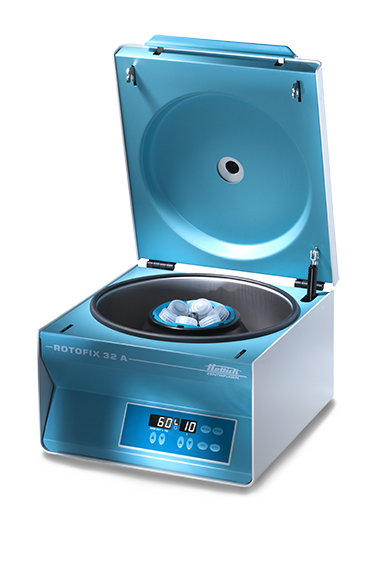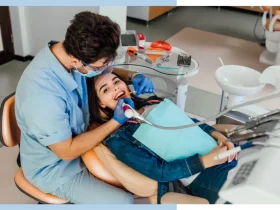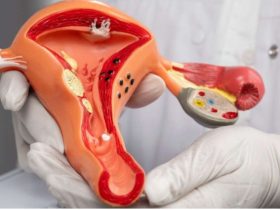Centrifuges are commonly seen in animal clinics. You may chance upon one when you bring your pet to the veterinarian. If you happen to be familiar with centrifuges, then the veterinary centrifuge you’re looking at has the same make and built like that of other centrifuge units in labs and diagnostic centres.
Veterinary centrifuges are no different than other centrifuge units; they can be benchtop or floor-level, heated or refrigerated. However, these centrifuges are intended only to test for animal specimen samples and not anything else.
Acquiring a veterinary centrifuge is a long-term investment. Before purchasing one, you should first determine its uses in your animal clinic. Some of the questions when planning to buy one are:
Where is the centrifuge going to be used?
Will the centrifuge be placed in an animal facility, veterinary clinic, or mobile vehicle for fieldwork? Knowing the unit’s conditions helps a lot in narrowing your choices for a centrifuge.
If you are working in an in-house animal facility where medical diagnostics are frequently conducted, you may want to settle with a floor-level centrifuge. These centrifuges can accommodate bigger sample sizes for testing. They help speed up the preparation of samples to be studied, especially when several animals whose conditions need to be diagnosed.
Do your vet activities often require fieldwork?
If you conduct vet activities outside your clinic or animal hospital, then a smaller and portable centrifuge is ideal. It can be stored in the mobile clinic’s vehicle and operated only when necessary.
Types of routine tests conducted in the animal clinic
Do you conduct mostly general lab tests or also do haematocrit or serological tests? More specific testing procedures may require certain types of centrifuges; it is best to check which type best suits your testing activities before deciding on a centrifuge unit.












